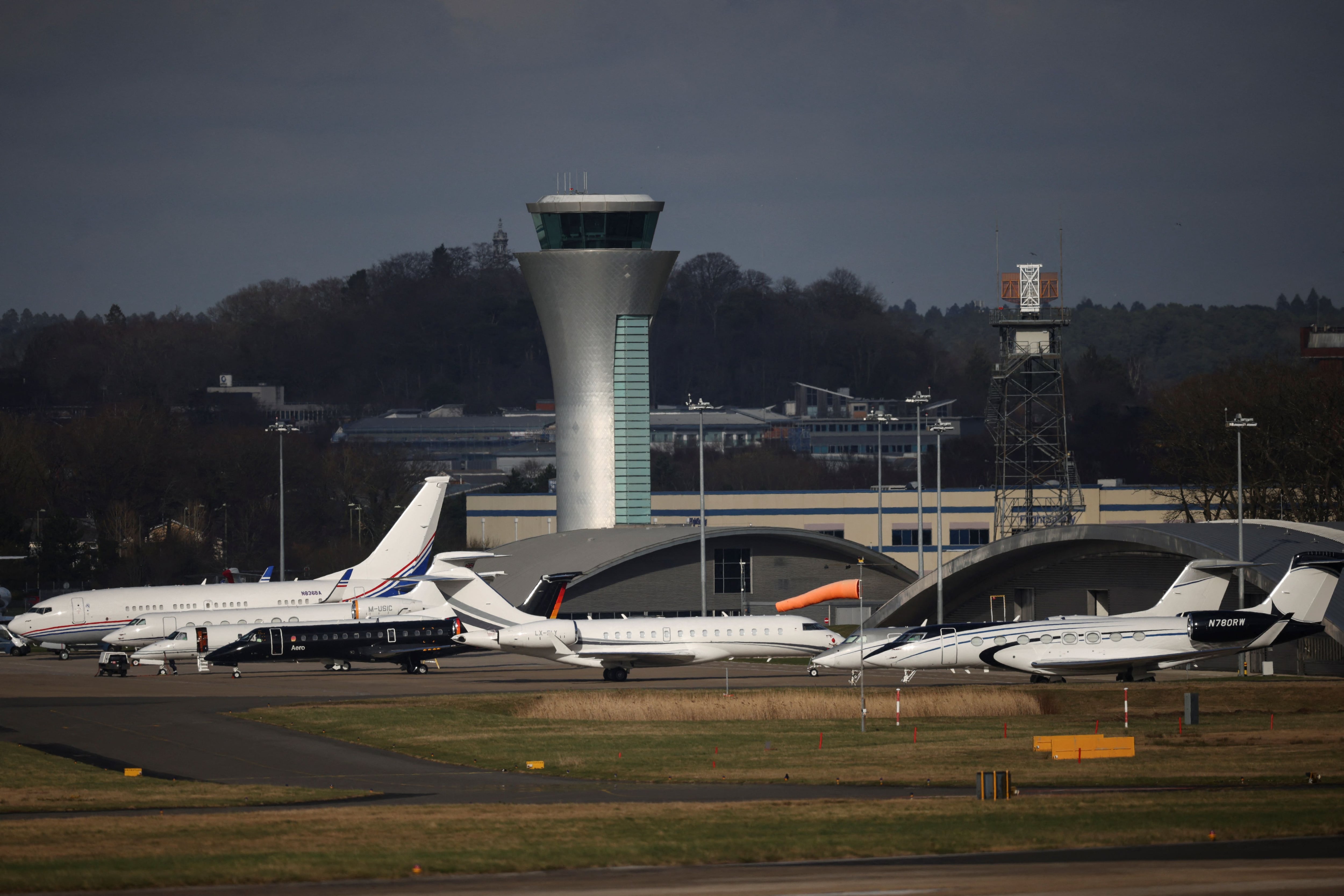
The crypto revolution has yet to deliver on its promise to change the rules of the game in multiple markets, even the oldest and most established ones. Juan Pablo Lafosse, the Argentinean founder of Asatej y Almundo, believes he can fulfill that promise in the tourism market. And his new company, which aims to use the technology on which Bitcoin is based to do just that, has already had the support of investors who put up $10 million to raise its value to around $50 million.
What if your plane ticket was a Non Fungible Token (NFT)? NFTs are some of the most promising developments that were born together with blockchain technology and, so far, have allowed the creation of a new vein in the world of art and the production of entertainment and even sports content. But if it is adapted so that instead of representing iconic works of art or NBA plays, it is the virtual representation of an airline ticket, a tour package or a hotel stay, the potential business applications become much more concrete.
The name of the new venture is TravelX and it is not an Argentinean company, since it is based in the United States. Fascinated by the crypto world, Lafosse imagined this project in which tourism services can be transformed into crypto tokens that have the possibility of being exchanged on an exchange - an operating platform - similar to those of cryptocurrencies. Airlines, hotels, tourist service providers, car rental services, virtually every service can be tokenized.
A few days ago, the company announced the conclusion of its first round of investment, in the amount of USD 10 million. The round, closed in November last year, was led by Borderless Capital. Other investors related to the travel, technology and blockchain industries such as GoldenTree, Algorand, Draper Cygnus, Myelin Capital and Monday Capital, also participated. As a result of the operation, as of November last year, TravelX was valued at USD 50 million.
The idea of returning to the international tourism market in a crypto industry, if successful, may open up new possibilities unthinkable for passengers. For example, by owning their airline tickets in the form of NFTs, they will be able to modify, cancel, transfer or even resell them without the endless formalities, costs and economic punishments that are currently being paid. Aren't you going to use your ticket because you had a problem traveling? Just put it up for sale in the system and whoever needs it will be able to buy it.
That's from the point of view of the end user. But the solution, if extended, promises equally interesting advantages for the rest of the industry. Airlines, for example, could greatly cheapen all sales management to focus on selling the tickets needed to make each flight profitable. Hotels or hotel chains could be guaranteed occupancy for most of the year possible without all the associated administrative costs. And travel agencies could buy in a wholesale form, in a transparent market, those products that they offer to their customers.

“The focus is on reducing the friction and costs that the sector has today when issuing its tickets, stays, services. By tokenizing those products, processes can be made cheaper and streamlined in a way that improves efficiency and profitability,” Lafosse told Infobae.
Exchanging standardized services and then transformed into NFTs in a matter of seconds and at much lower costs than today is the watchword.
The goal of Lafosse and his team is to have the product, a portal that for practical purposes will look similar to that of any digital travel agency, operating this year. These days, the company's job is to get alliances with players in the market to have airline products from all over the world available to tokenize, transform into NFTs, and launch the solution.
On that course, the next important date is April 13. On that day, the company will make a public presentation at the mecca of international tourism: the Eiffel Tower, in Paris, for some of the biggest players in the market.
Lafosse knows the sector. He is the creator of Asatej, later Almundo and also had a visit to Aerolineas Argentinas. And in his attempt to transform the tourism market forever, he gained support from important figures from both that world and the crypto ecosystem.
“Blockchain technology presents new opportunities for value creation for both suppliers and consumers in the travel industry,” Barney Harford, TravelX advisor and former CEO of Orbitz Worldwide said in a company statement.
“I am aligned with the mission of this team, which seeks to take the travel industry into a new era, more dynamic and decentralized and, moreover, highly motivated by the opportunity to work with entrepreneurs with the vision and experience necessary to lead this evolution of the industry,” added the one who was also Uber's COO.
In the crypto world, meanwhile, one of its most enthusiastic drivers is the Italian Silvio Micali, the creator of Algorand, a blockchain protocol that seeks to be the foundation on which to develop the future of decentralized finance and smart contracts.
“It's one of the ideas in Argentina that excites me the most, basically a secondary market for airline tickets,” Micali told during his last visit to Argentina.
KEEP READING:
Últimas Noticias
Debanhi Escobar: they secured the motel where she was found lifeless in a cistern
Members of the Specialized Prosecutor's Office in Nuevo León secured the Nueva Castilla Motel as part of the investigations into the case

The oldest person in the world died at the age of 119
Kane Tanaka lived in Japan. She was born six months earlier than George Orwell, the same year that the Wright brothers first flew, and Marie Curie became the first woman to win a Nobel Prize

Macabre find in CDMX: they left a body bagged and tied in a taxi
The body was left in the back seats of the car. It was covered with black bags and tied with industrial tape
The eagles of America will face Manchester City in a duel of legends. Here are the details
The top Mexican football champion will play a match with Pep Guardiola's squad in the Lone Star Cup

Why is it good to bring dogs out to know the world when they are puppies
A so-called protection against the spread of diseases threatens the integral development of dogs




